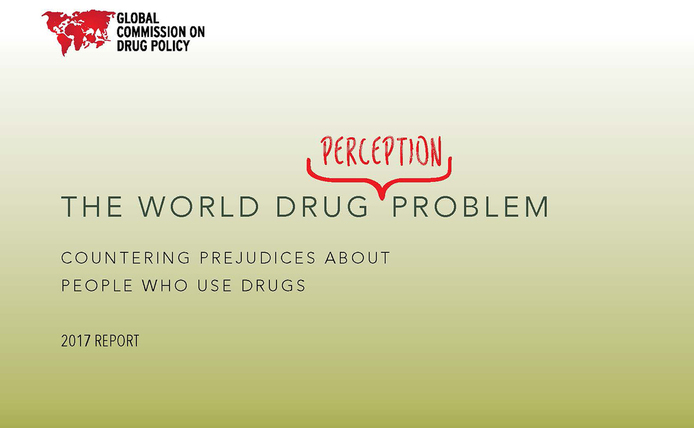In this year’s US presidential election race, Hillary Clinton and Donald Trump have advocated differing approaches to the most significant drug policy issues in the country: cannabis law reform, opioid addiction, and trafficking across the Mexican border.
Hillary Clinton and Donald Trump have changed their views on drug policy considerably over the years. In 1990, Trump declared that all drugs should be legalised to "take the profit away from these drug czars". However, he now opposes the legalisation of any illegal drug, including cannabis. Conversely, Clinton once stated that she opposed legalising illegal drugs because, illogically, "there is just too much money in it [for traffickers]". She has since adopted a more progressive approach, at least in terms of cannabis, and supports a “federal relaxation of marijuana research”.
Indeed, cannabis reform has become an increasingly important public issue, with Newsweek recently dubbing November’s vote the “Marijuana Election”, and a YouGov poll indicating cross-party support for legalisation among voters.
Both candidates support the right to use medical cannabis. In 2014, Clinton told CNN of her support for medical cannabis “under appropriate circumstances”, while Trump maintains that “for medicinal purposes, it’s absolutely fine”.
However, the candidates differ somewhat on the recreational use of cannabis. Trump supports states’ rights to introduce recreational cannabis, telling supporters at a rally that “if they vote for it, they vote for it”, but has also stated that regulating recreational cannabis would be "bad". Clinton, however, offers a more progressive but cautious approach; she wants to “wait and see” how successful legalisation is in certain states, such as Colorado and Washington, that she has deemed “laboratories of democracy”.
Every year since 2009, drug overdoses have killed more Americans than traffic accidents, and more than half of such overdoses are related to opioid use. To tackle this health crisis, Clinton has pledged a $10 billion policy plan, aiming to provide “better-financed programmes for treatment and prevention”. Since 2007, she has publicly supported needle exchanges for people who use heroin.
Trump has been characteristically vague when discussing the nuanced subjects of opioid addiction and harm reduction. In a recent town hall meeting in Ohio, Trump gave his first significant statement on addressing addiction: “It’s very hard to get out of that addiction, of heroin. We're gonna work with them, we're gonna spend the money, we're gonna get that habit broken". Undoubtedly, Trump must elaborate if he is to match Clinton’s commitment to tackling the opioid crisis.
A final, and infamous, policy clash between the two candidates relates to their approach to Mexico drug trafficking. This continue to be a hot topic in the US, where – in 2012 – it was estimated that 90 per cent of cocaine and 80 per cent of crystal meth in the country had entered through the southern border.
In 2009, Clinton admitted that Mexican drug traffickers are “motivated by the demand for illegal drugs in the United States and that they are armed by the transport of weapons from the United States". Her stance on handling the situation is, however, unclear; she promises to create a better "narrative" than has been portrayed in the media, and advocates continued foreign assistance money.
Conversely, Trump has a single solution: building a wall across the Mexican border to prevent drugs “from pouring into our communities”. Rather than merely a counter-narcotic policy, this plan is part of Trump’s wider anti-immigration agenda. Additionally, even if the wall were to be built, Mexican traffickers may continue to use creative methods of avoiding detection – including catapults and tunnels.
As Trump has developed into a drug warrior, Clinton is gradually becoming more progressive on drug policy. As cannabis, opioid addiction, and cross-border drug trafficking are becoming increasingly pertinent issues in the US, drug policy may be a deciding factor for many voters.


